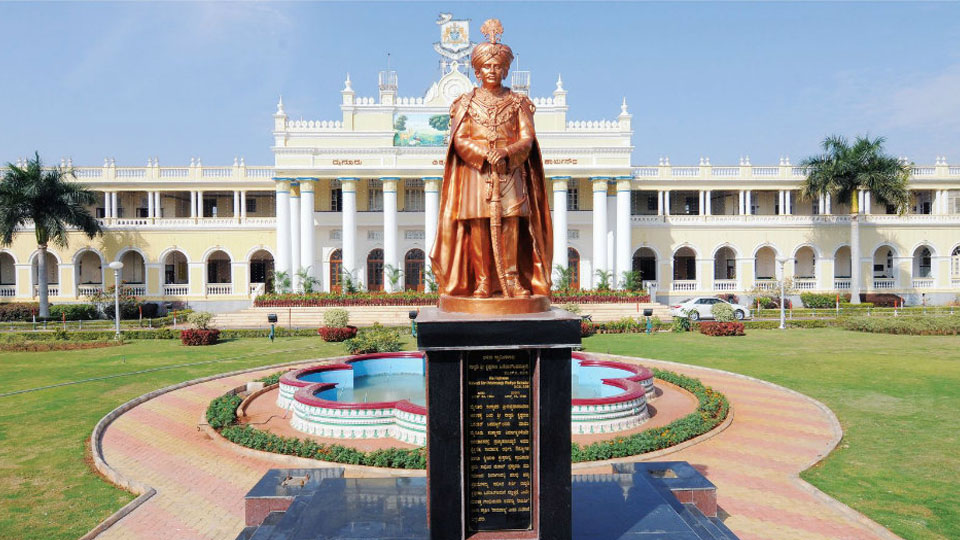Mysore/Mysuru: The Department of Studies in Food Science and Nutrition, University of Mysore (UoM), will be conducting a research study on the impact of fasting in diabetics during Ramadhan (Ramzan) and has invited volunteers for the same. The volunteers will be studied on variation blood glucose levels during fasting.
In 2019, the Department had undertaken a research study on the impact of fasting during Ramzan on the metabolic effects, body composition and other related parameters. The first study was conducted among healthy subjects and has been published in the International Journal of Endocrinology and Metabolism in 2020.
This time, the research — ‘Impact of personalised nutrition on blood glucose control’ — will evaluate the impact of personalised nutrition on lipid profile, body composition, and other parameters among persons with type-2 diabetes during Ramzan fasting.
The research will help diabetics avoid complications such as hypoglycaemia (low blood sugar) during fasting and guide them about the proper choice of food during ‘Sehri’ (pre-dawn meal) and ‘Iftar’ (breaking of fast in the evening).
According to Dr. Asna Urooj, Professor, Department of Studies in Food Science and Nutrition, University of Mysore, the volunteers willing to participate in the study should be between 21 and 60 years. They must be diagnosed with type 2 diabetes for at least 12 months.
The volunteers will be screened by Dr. M.S. Basavaraj, Chief Medical Officer, University of Mysore’s Health Centre. There is no fee either for the registration or for the tests that are conducted as part of the research study. Also, the University of Mysore’s Human Ethics Committee has approved the study.
Prof. Urooj said that the study will strictly adhere to the practical guidelines issued by International Diabetes Federation — Diabetes and Ramadhan 2021.
In 2019, 69 healthy volunteers between 18 years and 65 years had registered themselves for the study and 54 of them — 28 men and 26 women — participated. The volunteers fasted for 29 days and stayed off food and water for about 13-and-a-half hours, starting pre-dawn to sunset, every day.
They had to provide blood samples before the start of the fasting and after its conclusion to arrive at the changes in various parameters such as lipid profile, blood glucose, anti-oxidants, liver and renal function, etc.
After the month of Ramadhan concluded, post-fasting blood sampling and body composition were conducted. The overall study showed that Ramzan fasting resulted in body weight loss up to an average of 2.5 kgs and loss of fat in some while some elderly volunteers had even lost muscle mass.
Interested persons can contact Mob: 90352-75021, 95911-26693, 89514-78491 or 73495-89902 between 10 am and 3 pm for registration.








Recent Comments